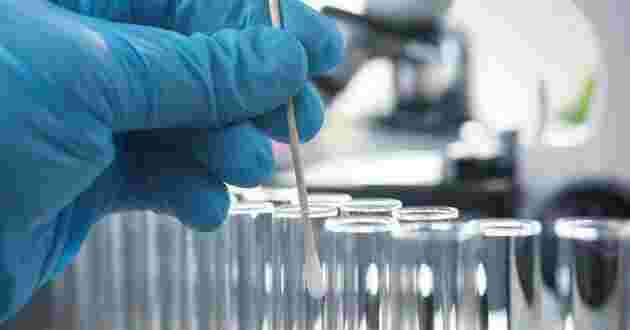7 Reasons For Painful Urination You Need To Know
- - Category: Diseases & Conditions
- - 26 Aug, 2022
- - Views: 656
- Save

Painful Urination
When urinating causes burning, stinging, or other types of pain or discomfort, it's a clear indication that something isn't right.
Most people will experience dysuria, or painful urination, at some point in their lives. Painful urination could indicate a variety of infections, some of which require treatment. Here are a few things your healthcare provider will look for to determine what is causing your painful urination and how to alleviate or end it.
1. Urinary tract infection
Anyone can get a UTI, but this infection is notoriously common in women—and notoriously responsible for peeing pain.
When bacteria enter the urethra and then the bladder, they cause an infection. The bacterial overgrowth causes the urine to become acidic. You'll feel a burning sensation as it exits the urethra.
A UTI can cause symptoms such as a frequent and strong urge to pee, cloudy urine, or particularly foul-smelling urine, in addition to painful peeing.
2. Sexually transmitted infections
When you can't pee because it hurts, it's usually an STI. Most women assume it's a UTI and don't consider the possibility of an STI. It's a common but dangerous assumption to make because you don't want to put off STI treatment or urinary pain relief.
Peeing can be painful if you have Chlamydia, gonorrhea, trichomoniasis, or genital herpes. Itching, changes in your usual vaginal discharge, and blisters or sores on your vagina or vulva are all signs of an STI.
3. Cystitis
Cystitis, or bladder inflammation, can be caused by a variety of factors. Cystitis is caused by a bacterial infection in many cases, but not all.
Many irritants can cause irritation to the bladder lining. This can cause inflammation and, eventually, pain while peeing. Some medications and treatments, such as chemotherapy and radiation therapy for cancer patients or antibiotics prescribed for up to 14 days, may be used to treat cystitis.
4. Kidney infection
If peeing hurts, you have blood in your urine, and you have back pain, you may have a UTI that has progressed to the kidneys. Kidney infections, also known as pyelonephritis, occur when a UTI spreads to one or both of these filtering organs. That's a lot more serious. Fever, chills, and abdominal pain are also signs of a kidney infection.
A kidney infection can lead to hospitalization if left untreated. They have the potential to spread to the bloodstream, which is extremely dangerous.
5. Kidney or bladder stones
Stones form when minerals in urine stick together and crystallize, and they can settle in the kidneys or the bladder. In either case, stones may cause no symptoms and pass unnoticed when you pee. However, if a bladder stone irritates the bladder lining or a kidney stone lodges in the wrong place, urine flow can be blocked and pain can be excruciating, both during and after peeing.
6. Bacterial vaginosis
It's the most common vaginal infection in women between the ages of 15 and 44, but no one knows why or how some women get it. The infection is more common in sexually active women than in women who have never had vaginal sex, and it is caused by an imbalance of healthy and harmful bacteria that naturally exist in the vagina.
Douching, as well as having sex with a new or multiple partners, appears to increase a woman's chances of developing BV. If you have BV, peeing can be painful, your vulva and vagina may itch, and your discharge may be thin, white, or grayish. Some women with BV experience a strong vaginal odor, especially after sex.
7. Vaginal tears
If you're not properly lubricated when having penetrative sex, you might get small abrasions that cause you to pee in pain.
If you've reached menopause, you're more likely to experience small tears and painful peeing. Menopausal hormone changes can thin the vaginal walls and skin of your vulva, which can make peeing painful—not to mention make you more likely to develop small lacerations during sex.



